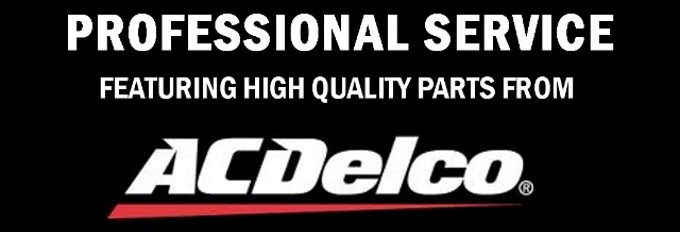|
|
One of the most common and most bothersome
problems in a vehicle is vibration. The fix could be
something relatively cheap and simple, like a tire
rotation or balance. Or it could signal more serious
auto problems -- something more costly, like
steering or suspension issues. If your vehicle
shakes, shimmies or vibrates out of the ordinary
keep reading. swiss replica watches
Sometimes a shake or shudder will emanate from the
engine compartment, because the engine isn't getting
enough air, fuel or spark that it needs to run
smoothly. Symptoms that might indicate such an
engine-related case of the shakes include shudder or
jerking occuring during acceleration.
Engine mounts can cause vibration in Drive or
Reverse, they usually go away when you put the car
in Park.
If an axle gets bent -- which is actually quite easy
to do in a collision or other mishap -- it will
create a jostle of a ride afterward. With this
problem, the vibrating often picks up in intensity
the faster you drive.
Audemars Piguet Replica
Worn-out constant velocity (CV) joints fall under
the same category. If the "boots" -- those rubber,
accordion-like coverings around the ends of the
drive axles -- are intact, clamps are secure, and no
lubricant is seeping out, chances are they're not
the problem. But if the boots are torn, that means
dirt and dust and road filth is getting in and
damaging the joints. For front-wheel drive cars,
toasted CV joints mean you'll be buying new drive
axles.
Do those bad vibrations appear or intensify when you
apply the brakes? If so, there's a strong
possibility that your car is tooling about with a
warped brake rotor, or rotors. The rotor is the
shiny, silver disc-shaped component on vehicles with
a disc brake system. The rotor can get bent out of
shape due to heavy wear and tear -- basically,
overheating from more stopping than that particular
rotor can handle. Instead of being uniformly flat
all the way across, a deformed rotor is raised or
lowered on part of its surface. The calipers and
brake pads, which squeeze the brake rotors to make
the car stop, can't get an even grip on a warped
rotor. Hence, vibration.
Bad wheel bearings will cause vibration too. However
the car will ride very noisey and if you steer the
car left or right the pitch of the noise will
change.
Often, you'll feel your car vibrating directly
through your steering wheel - indicating problem to
be in the front, or in the bottom or your seat -
indicating the problem to be in the rear, at slow
speeds (10-30mph). One or more wheels may suffer
from excessive "play," or wobbliness, at the hub
itself. First, let's assumee that each wheel is
fastened securely to its hub with properly torqued
lug nuts. Rotate the front tires to the back and see
if the problem moves with the wheels. If the
vibration is still in the steering wheel, than the
wheel bearings and the suspension need to be
inspected. Tires are the usual culprit in most
cases.
Tire issues can contribute to your vehicle's shake
or vibration.
Car vibrates at 45mph and over speeds -- requires
tire balance. Alignment will not solve your problem.
Tires can also have separated threads, specially if
they are old, causing a thumping noise on every
revolution or Tires are out of round and don't roll
evenly, in this case they should be replaced
immediately.
Keep in mind there maybe plenty of other reasons for
your vibration. These are just a few common causes. |
|



